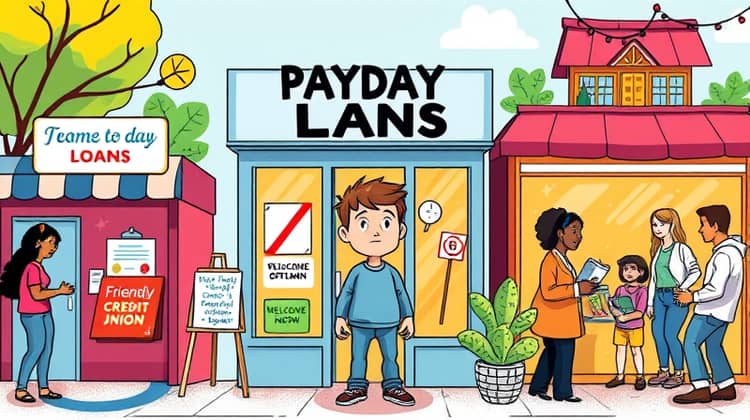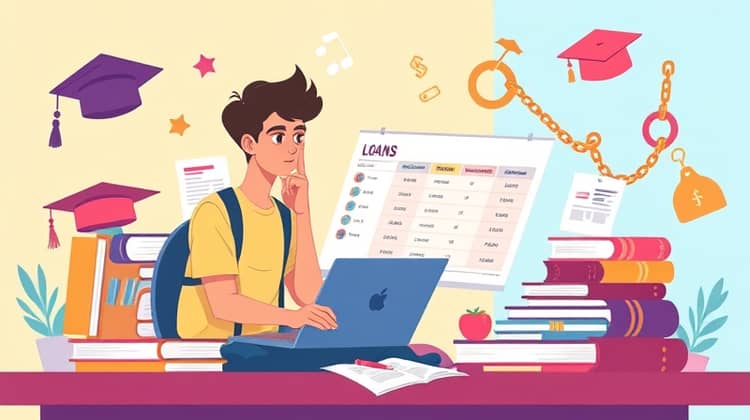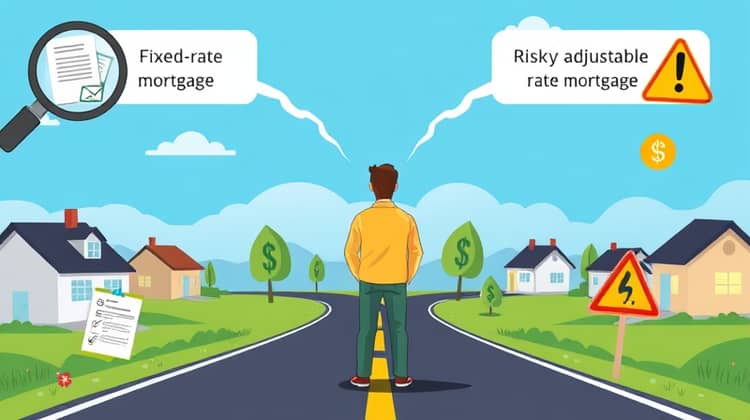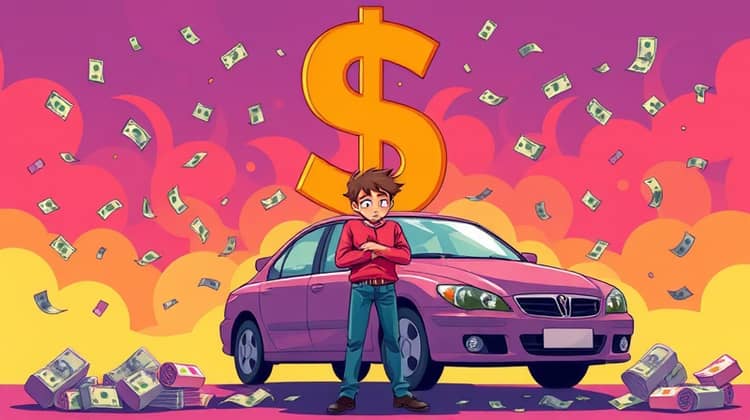Debt Traps: 10 Strategies to Safeguard Your Finances

Debt can be an overwhelming burden that traps many individuals, leading to a cycle of financial stress and anxiety. Understanding the various forms of debt and the strategies to mitigate the risks is essential for maintaining financial health.
In this article, we will explore ten strategies to safeguard your finances against potential debt traps, helping you to navigate the complex world of borrowing without falling into common pitfalls.
1. Understand the Terms

Before entering into any loan or credit agreement, it is crucial to fully understand the terms and conditions associated with it. Many people overlook this important step, leading to unfavorable situations later on.
Key factors to consider include interest rates, repayment schedules, and potential fees. Knowing these details can help you evaluate whether a financial product truly meets your needs or if it could become a debt trap.
- Read the fine print before signing any agreements.
- Ask clarifying questions if you do not understand any terms.
- Compare similar offers from different lenders to find the best option.
Knowledge is power when it comes to financial products. By arming yourself with information about what you are agreeing to, you can make more informed decisions and avoid getting caught in a debt situation that is difficult to escape.
2. Avoid Payday Loans

Payday loans tend to be marketed as quick solutions for immediate cash needs, but they often come with exorbitant fees and interest rates. These loans can create a cycle of dependency on high-cost credit, leading to further financial issues.
Instead of resorting to payday loans, consider exploring alternatives such as credit unions or community resources that offer financial assistance without the crippling costs.
3. Be Cautious with Credit Cards

Credit cards can be a double-edged sword. While they offer the convenience of making purchases and building credit history, improper use can quickly lead to overwhelming debt.
It's essential to manage credit cards wisely, paying only what you can afford each month to avoid accumulating interest and debt. If misused, credit cards can become a significant financial trap.
- Pay off the full balance each month to avoid interest charges.
- Set up alerts for payment due dates to avoid late fees.
- Use credit cards responsibly and only for planned purchases.
By maintaining good credit card habits, you can take advantage of the benefits they offer without falling into a financial pitfall.
a. High-Interest Rates
Credit cards often have high-interest rates that can lead to a rapid accumulation of debt. An unpaid balance can balloon, making it difficult to pay off over time.
b. Misleading Promotions
Many credit cards come with enticing promotional offers that may mask hidden fees or interest rates. Make sure to read the terms attached to these promotions to understand the real cost involved.
c. Risk of Overdraft Fees
Using a credit card recklessly can lead to overdraft fees when linked to a checking account, adding another layer of financial strain.
4. Student Loans: Know Before You Owe

Student loans can be beneficial for education but can also be a significant financial commitment post-graduation. Understanding the terms and potential impacts of these loans is essential to avoid feeling trapped under debt burden.
Always consider federal loans over private loans when possible, as they often come with better repayment conditions and forgiveness options.
- Research all your options before taking out a student loan.
- Understand your repayment options after graduation.
- Be aware of interest rates and how they accumulate during your education.
Taking the time to understand student loans before you owe can make all the difference in your financial future. It is crucial to make informed decisions that align with your career goals and financial situation.
5. Auto Loans: Don’t Overextend

When financing a vehicle, be cautious not to overextend your budget. It can be tempting to purchase a more expensive car, but this decision can lead to larger monthly payments that strain your finances.
Always calculate your budget beforehand and stick to it to avoid falling into a debt trap related to auto loans.
6. Mortgage Traps

Mortgages are often the largest loan individuals will take on. While owning a home can be a great investment, it can also become a trap if you are not careful.
Understanding the different types of mortgage products available, including their terms and associated costs, is crucial. This knowledge can prevent you from falling victim to unfavorable mortgage arrangements.
- Choose a fixed-rate mortgage over an adjustable-rate mortgage for stability.
- Shop around different lenders to find the best rates.
- Be wary of low initial rates that increase significantly after a few years.
With the right information, you can secure a mortgage that fits your budget and financial goals, thereby avoiding the common pitfalls associated with home financing.
7. Beware of “Buy Now, Pay Later”

The 'Buy Now, Pay Later' (BNPL) option has become increasingly popular, especially in online shopping. While it allows consumers to spread out payments over time, it can lead to overspending and increased debt if not managed carefully.
Many users may underestimate the total cost of their purchases when opting for BNPL, leading to financial strain when payments are due. Be cautious and evaluate whether you can afford to make the payment in full when it comes due.
8. Predatory Lending

Predatory lending practices involve high-risk loans targeted at vulnerable consumers, often putting them in perilous financial circumstances. Unscrupulous lenders prey on those in dire financial situations, leading to cycles of debt that are hard to break.
Being aware of the signs of predatory lending can protect you from falling into these traps.
- High fees and interest rates with hidden terms.
- Aggressive sales tactics and pressure to make quick decisions.
- Lack of transparency about loan conditions and repayment options.
Always be cautious and conduct thorough research before committing to any loan agreement to safeguard your finances.
9. Stay Away from Title Loans

Title loans may seem like a quick way to access cash by using your vehicle as collateral. However, they come with extremely high-interest rates and can quickly lead to losing your vehicle if you are unable to repay the loan.
Avoiding title loans will keep you from entering a cycle of debt that can cause severe financial consequences.
10. Seek Financial Education

Investing time in financial education can empower you to make informed choices about your money. By understanding the nuances of various financial products, you can navigate your financial landscape more effectively.
Many resources are available, including workshops, online courses, and books that cover essential financial topics.
- Attend financial literacy workshops.
- Read financial management books and articles.
- Consult with financial advisors for personalized guidance.
Equipping yourself with financial knowledge will enable you to avoid pitfalls and develop a healthier relationship with money, leading to more financially sound decisions in the long run.
Conclusion

In summary, being aware of various debt traps and employing protective strategies is vital for maintaining a healthy financial situation. By understanding the terms, avoiding risky loans, and seeking financial education, you can safeguard your finances against the potential pitfalls of debt.
Taking control of your financial decisions and educating yourself about your options helps build a solid foundation for your financial future. It may take time, but the effort is undoubtedly worth it.






